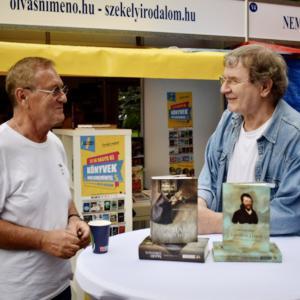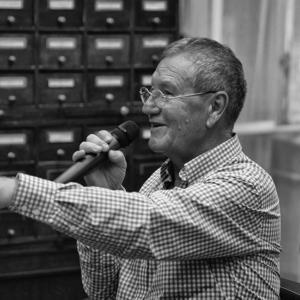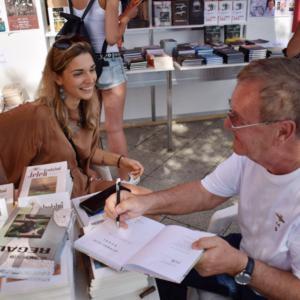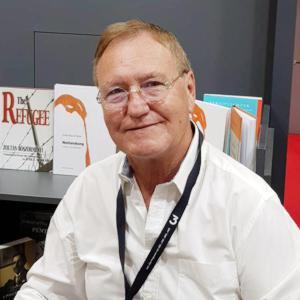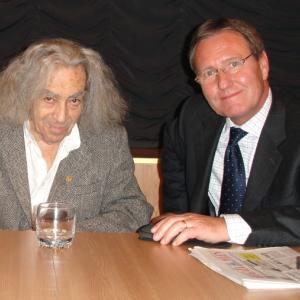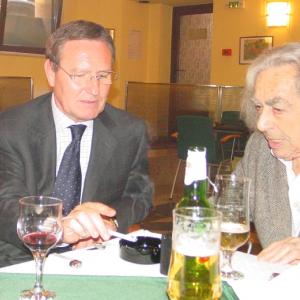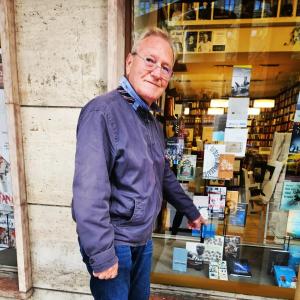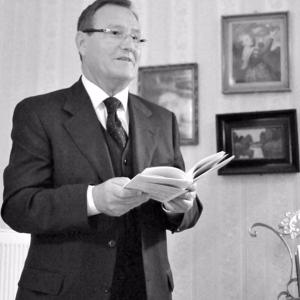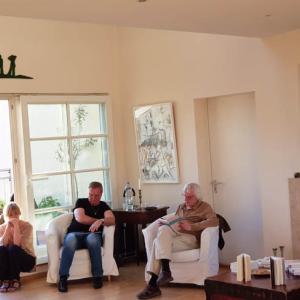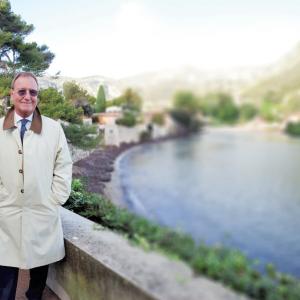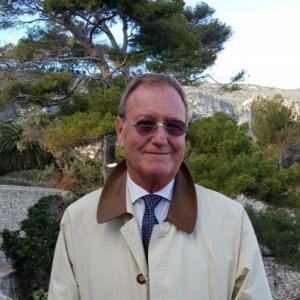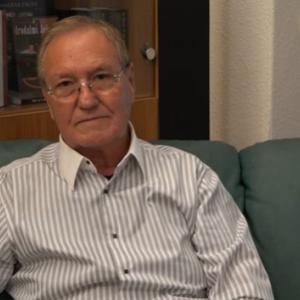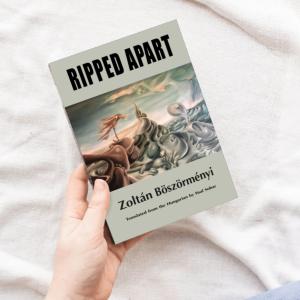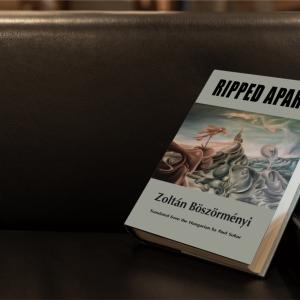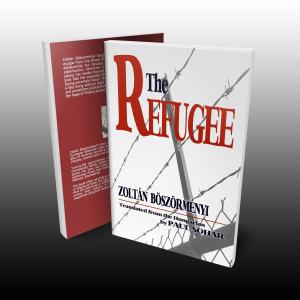
Zoltán Böszörményi, the Editor-in-Chief of Irodalmi Jelen, Novelist and Poet, Answers Tamás Kerekes’s Questions
Why did you wait twenty-five years with your first published novel?
Even as a teenager I already knew I wanted to be a writer. Back then though I approached the craft impulsively and emotionally. The content and ideas appeared to have a secondary role. I did not try to learn from the great classics of Hungarian literature. I read poetry primarily with my soul, not my mind. My thoughts and thus my work were shaped by some kind of a universal agony and despair, and it took me a long time to break out of their spell. I read voraciously, everything I could lay my hands on, especially Tolstoy and Dostoyevski. But I also got acquainted with American, French, Italian, and Spanish literature. But from even those masterpieces it was only the mood, the longing, the bitter taste of tragedy that seeped into my consciousness.
I had the good fortune of having renowned teachers even as a teenager. They saw talent in me, but didn’t know what to do with it. One of them told me once with some acerbity: ‘Look, son, some flowers bloom in the spring, some in the fall. You seem to be of the latter variety.’ This comment has been coming back to haunt me lately. Now, looking back at those years, I can see what was missing from my life: the community of writers working together and challenging one another in workshop settings. I missed the interaction, the encouragement, the possibility of comparing notes. I lived in isolation in Arad. My childhood difficulties and my sensitivity prevented me from seeing the trees from the woods. There was no one around to point them out to me.
After graduation from high school I moved back to Kolozsvár, a larger city with a much larger Hungarian community. That was when I wrote my first novel.
And what made you burn it?
My composition style disillusioned me. The story line was exciting, very riveting, but now I would not be able to recall the details. Perhaps it was an impetuous gesture on my part to toss in the fire.
What is the subject of the third novel now in progress?
Myself, of course. “Far from Nothing” is also about me. The way I see it, most writers write about themselves. Primarily about themselves. It’s impossible to write well about something you know nothing about.
Who are the critics you’re most likely to listen to?
I don’t discount any critic’s opinion. However, I place a higher value on the readers’ opinion. The professionals may accept me, even admit me into the canon, or loath me, but the reading public will have the last word. When the book came out, so did the advertising posters. At first people were puzzled, but them some of them started to pick up the book and read it. And then the word spread around, and sales started to pick up, too. Some bookstores ran out, and shortages still persist.
Is the book breaking into foreign markets?
The English version in Paul Sohar’s translation is now getting ready for publication by Exile Editions in Toronto. Barry Callaghan, the head of that publishing house and a noted author himself, is very confident of success. He’s hoping that the book will be picked up by a larger American publisher for a further joint venture. He even sees a possible film sale. The German version by Julia Schiff is still in search of a publisher, and so is the Russian translation by Yury Gussev. Peter Zirkuli promised the French translation by the end of June.
Talking of translations, let me remind you that a volume of my sonnets was published by Brumar Press in and excellent Romanian translation by Ildiko Gábos and Serban Foarta. A volume of my poetry in French scheduled to come out in Paris in June. The translation is the work of two awardees of the French Academy, Manolita Dragomirescu and Michel Benard.
“Far from Nothing” is characterized by the duality of its structure, by the slow pace of philosophical analyses alternating with fast-moving action. What is your next book going to be built around?
“Far from Nothing” in its present form is one third of the original manuscript. I did a lot of tinkering with the form, and every change entailed corresponding changes in the contents, too. So I also had to do a lot of rewrite. My next novel is going to be completely different. The story will take place on three levels, punctuated by unexpected turns of events, surprises, and drama. But it will take yet another few years to complete it. So far I have about 100 pages, but I don’t know if any of them will be included in the final draft.


